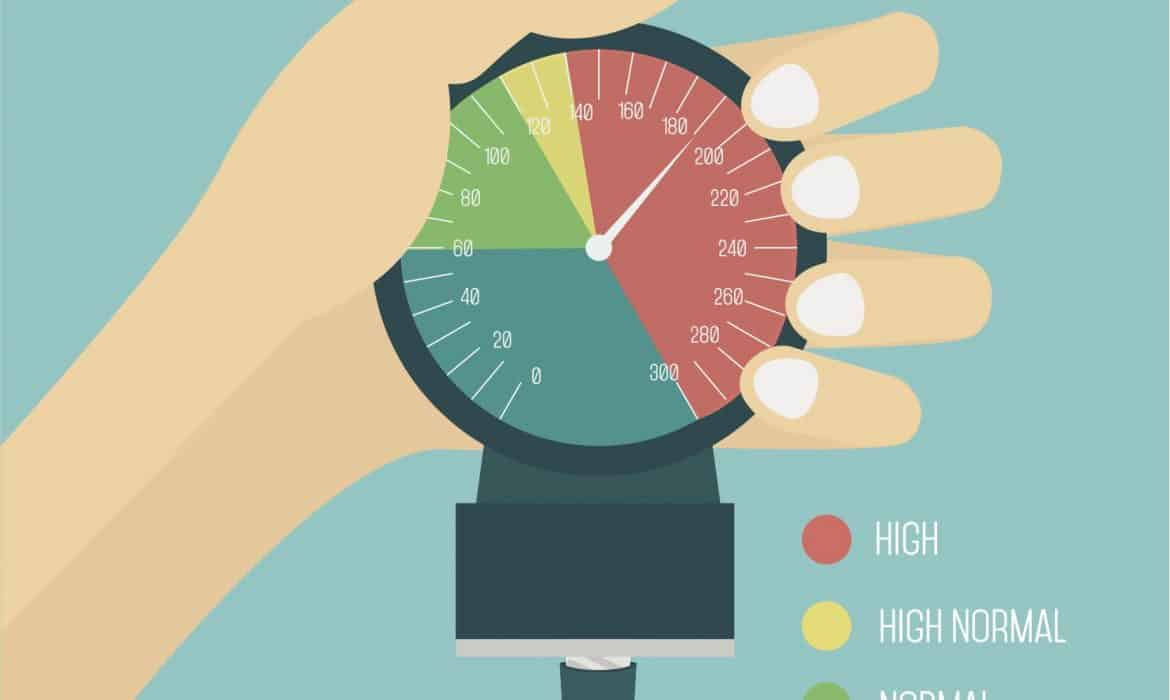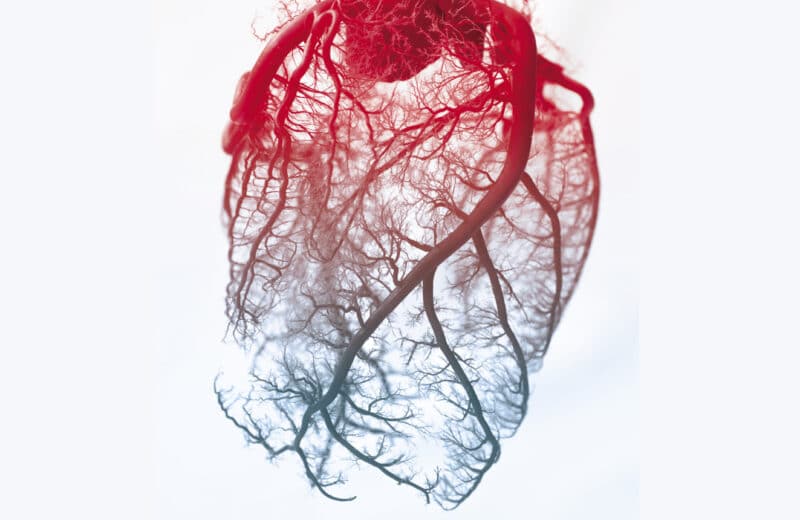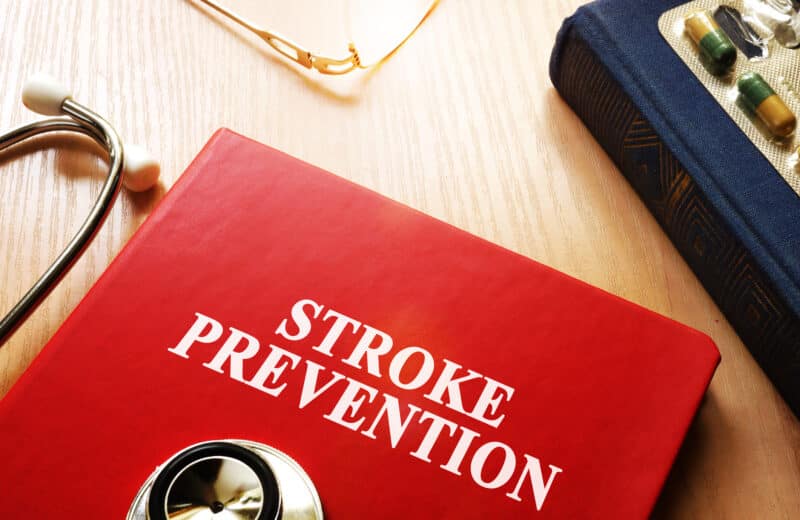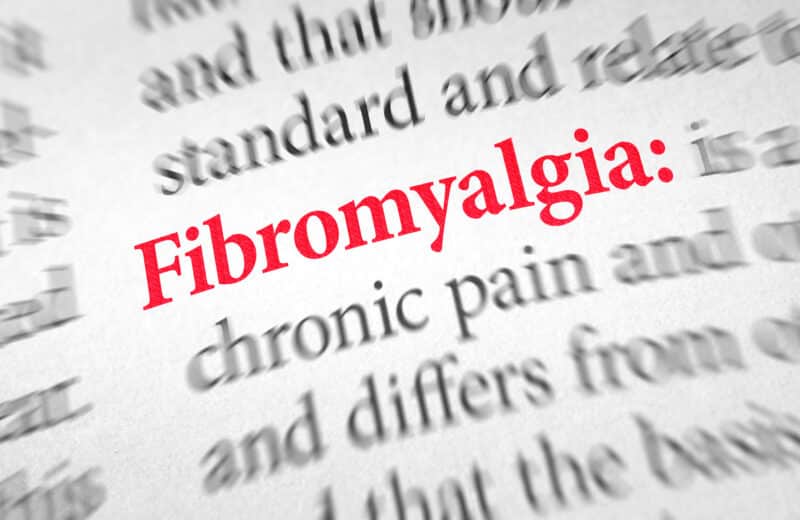Source: University of Alabama at Birmingham
Untreated high blood pressure, or hypertension, wreaks havoc on the body, leading to heart disease and stroke. Research from the University of Alabama at Birmingham published in the journal Stroke shows that, although HBP medications are beneficial, it is as risky to wait for the condition to develop and then treat it to a controlled level.
A cohort of 26,785 black and white participants ages 45-plus from the Reasons for Geographic and Racial Differences in Stroke (REGARDS) study were followed for 6.3 years by a research team led by George Howard, Dr.PH., a professor in the Department of Biostatistics in the UAB School of Public Health.
At baseline, 12,327 participants were successfully treated hypertensives, meaning their HBP treatment had their systolic blood pressure < 140 mm Hg, the goal level set by the American Heart Association and 4,090 unsuccessfully treated hypertensives.
At the conclusion of the follow-up period, more than 820 participants had experienced a stroke.
The harder hypertension is to control, the higher the risk for stroke, even if the treatment is successful. Howard says the risk of stroke went up 33 percent with each blood pressure medicine required to treat blood pressure to goal. Compared to people with systolic blood pressure below 120 mm Hg without treatment, hypertensive individuals on three or more blood pressure medications had a stroke risk of 2.5 times higher.
“You’re in as much trouble by the time you are on three medications that achieve excellent control as you are when you have hypertension and it is untreated, which is amazing,” Howard said. “We want to raise the issue that, despite great advances in a pharmaceutical approach, relying solely on this approach is going to come at a dear price of people’s lives.”
The way to curb the problem, Howard says, is to prevent hypertension in the first place. There are a number of proven approaches to prevent or greatly delay the development of hypertension including: taking part in moderate physical activity; keeping weight in normal rages; reducing salt intake; and eating a diet reduced in saturated and total fat, rich in fruits, vegetables and low-fat dairy products.
(WhatDoctorsKnow is a magazine devoted to up-to-the minute information on health issues from physicians, major hospitals and clinics, universities and health care agencies across the U.S. Online at www.whatdoctorsknow.com.)













